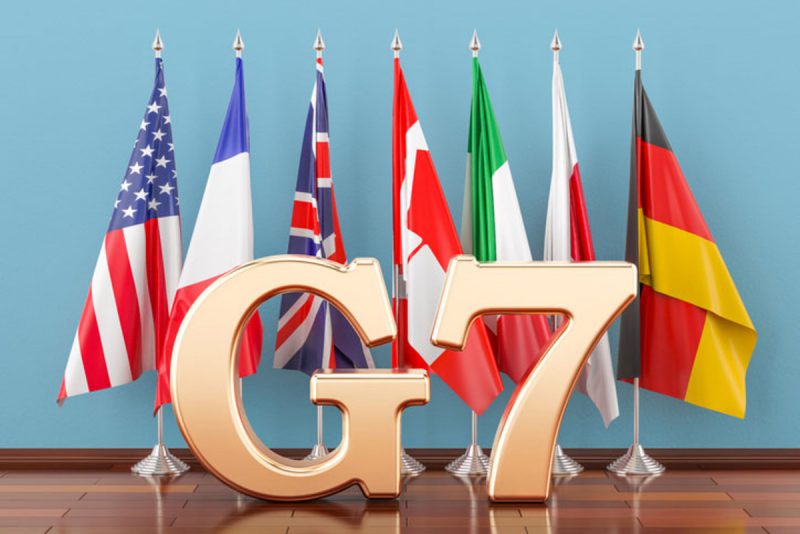Japan’s top currency diplomat, Masato Kanda, recently revealed that the G7 nations will be helping developing countries to introduce central bank digital currencies [CBDCs] in tandem with international standards. The move is being initiated to cater to the challenges that the global community faces from fast-paced digital technology. In fact, Kanda added that the aforementioned move will be a key part of the G7 discussions in Japan this year.
The G7 is an intergovernmental organization consisting of a group of seven of the world’s advanced economies. Canada, France, Germany, Italy, Japan, the United States, and the United Kingdom are a part of the alliance. This year’s G7 summit is all set to be held from 19 to 21 May 2023 in Japan’s Hiroshima City.
Kanda, the Vice Minister of Finance for International Affairs, told a seminar in Washington,
“We have to address risks from the development of CBDC by ensuring factors such as appropriate transparency and sound governance. As a priority of this year, the G7 will consider how best to help developing countries introduce CBDC consistent with appropriate standards, including the G7 public policy principle for retail CBDC.”
Recently, G7 was overtaken by BRICS nations in Global GDP (PPP), shifting the international economic power balance. Specifically, Brazil, Russia, India, China, and South Africa have now become the world’s largest GDP bloc when taking purchasing power parity into account. The former bloc now contributes 31.5% to the global GDP. The latter group, on the other hand, only contributes 30.7% in comparison.
Also Read: Nations in Global GDP (PPP) to Become Economically More Powerful
The need for regulation across borders
Kanda went on to highlight that the swift innovation of digital technology provides various benefits. However, it also poses fresh challenges like cyber-security, the spread of misinformation, social and political divides, and the risk of destabilizing financial markets. In fact, the diplomat went on to underline that the collapse of FTX last year, “was a serious wake-up call” for policymakers to come up with regulations across borders. He said,
“For crypto assets, there are a bit of diverging views among countries. But the consensus is definitely that we need more regulation, particularly after the FTX shock.”
Also Read: G7 Nations to Work Towards Strict Global Cryptocurrency Laws





